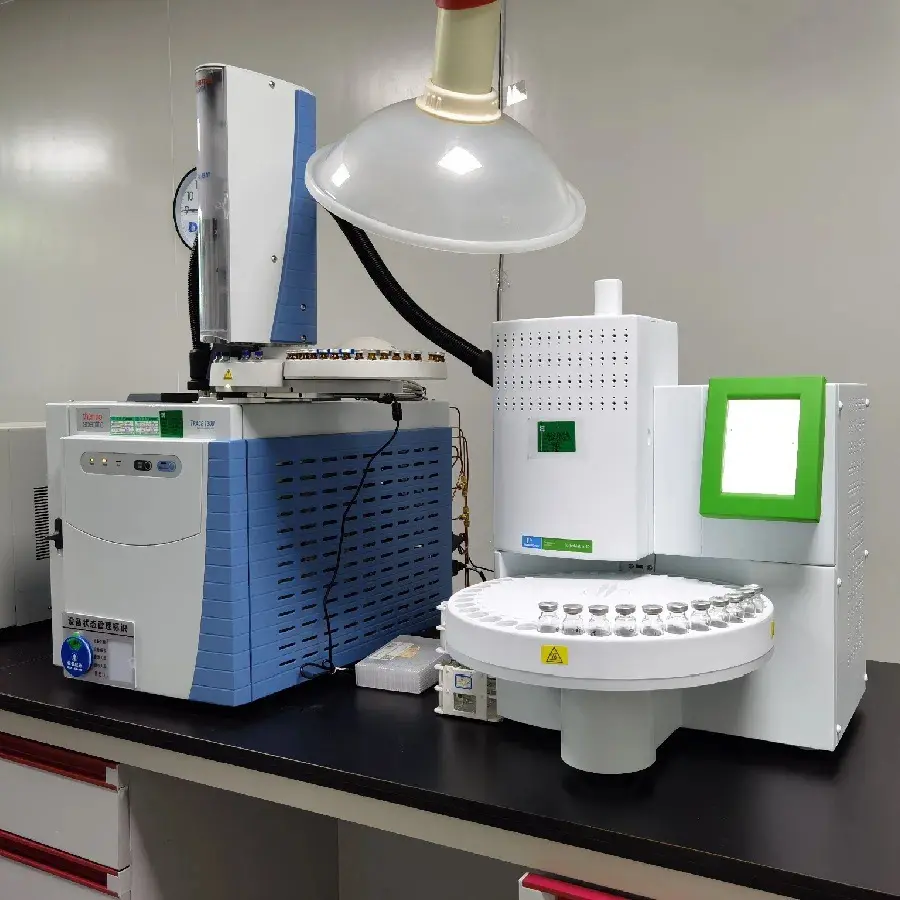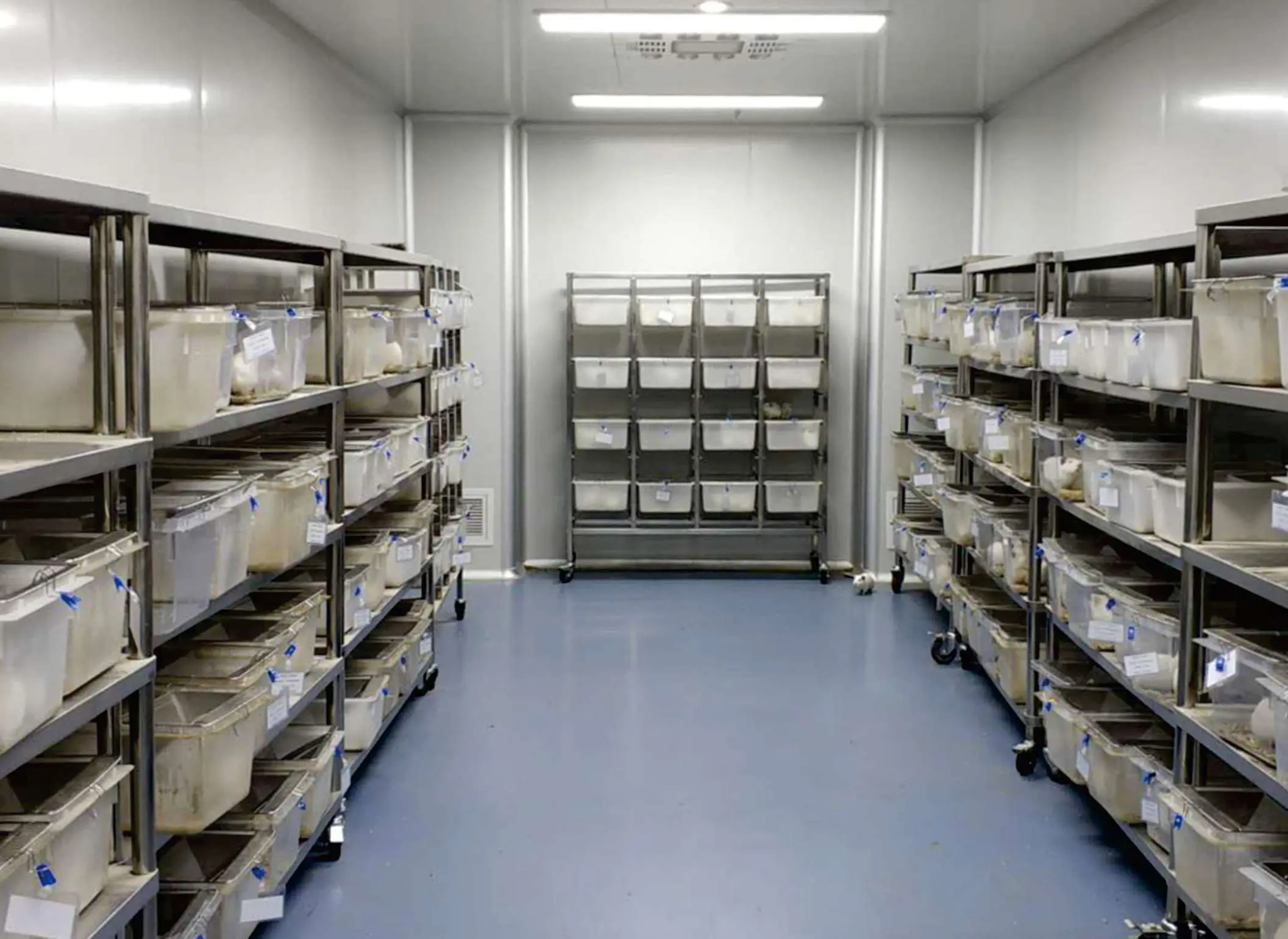
Can CE Certification Be Sold in Canada?
CE certification is not recognized in Canada. CE certification is a mark acknowledged within the European Economic Area (EEA) to indicate that a product complies with European safety, health, and environmental standards. Canada, however, has its own set of product certification standards and does not accept CE certification as a requirement for selling products in its market. If you plan to introduce products to the Canadian market, it is essential to understand and meet Canada’s relevant certification and standard requirements.
Scope of CE Certification
CE certification primarily applies to products sold within the European Economic Area (EEA), ensuring they comply with applicable regulations. However, Canada is not part of the EEA, so CE certification is not a mandatory requirement for the Canadian market.
That said, Canada has its own stringent product safety regulations and standards, such as those developed by the Canadian Standards Association (CSA). For businesses aiming to enter the Canadian market, understanding these regulations and standards is crucial.
Potential Impact of CE Certification in the Canadian Market
Although CE certification is not required in Canada, it may have some positive effects on a product’s competitiveness:
1. Improved Market Recognition:
CE certification demonstrates a product’s safety and reliability, potentially enhancing its competitiveness in the Canadian market.
2. Multi-Market Sales Strategy:
If a product is intended for both European and Canadian markets, obtaining CE certification becomes particularly important. In this scenario, businesses should aim to meet the regulatory requirements of both regions to broaden their product’s reach.
Local Certification Requirements in Canada
When selling products in Canada, consider the following key points:
- Electrical Product Safety Certification:
Electrical products may need to obtain certifications such as UL or csa certification to ensure compliance with Canadian electrical safety standards.
- Provincial Regulations:
Certain provinces in Canada may impose additional requirements for specific products. It is important to thoroughly research the specific regulations and standards in your target market.
CE Certification and International Trade Facilitation
Canada and the European Union have trade agreements and mutual recognition arrangements, such as the Canada-European Union Conformity Assessment Recognition Agreement (CARA). These agreements may allow certain products to circulate more easily between the two markets. Therefore, while CE certification is not a direct requirement for the Canadian market, it can still provide advantages in specific cases.
Recommendations and Strategies
1. Research Regulations and Standards:
Before entering the Canadian market, businesses should conduct a thorough review of the relevant regulations and standards to ensure compliance.
2. Leverage Trade Agreement Benefits:
If a product is intended for both the EU and Canadian markets, take advantage of trade agreements for easier market entry.
3. Collaborate with Professional Agencies:
Work with legal advisors or certification agencies to ensure your products meet all necessary regulations and standards. This approach not only reduces legal risks but also boosts market acceptance and consumer trust.
While the Canadian market does not mandate CE certification, businesses should consider its value, given the quality and safety assurance it represents and the trade facilitation it may offer. At the same time, businesses must focus on complying with Canada’s local product safety regulations and standards to ensure successful market entry. Adapting to regulatory requirements flexibly is a key strategy for achieving global success.
Email:hello@jjrlab.com
Write your message here and send it to us
 When Can FCC ID Modifications Be Filed?
When Can FCC ID Modifications Be Filed?
 LoRa Certification Testing Laboratory
LoRa Certification Testing Laboratory
 Blood Pressure Monitor Certification Testing Servi
Blood Pressure Monitor Certification Testing Servi
 ECG Device Certification Testing
ECG Device Certification Testing
 Pulse Oximeter Certification and Testing Standards
Pulse Oximeter Certification and Testing Standards
 IVD Medical Device GB 4793:2024 Test Report
IVD Medical Device GB 4793:2024 Test Report
 IECEE CBTL Testing Laboratory for IVD Medical Devi
IECEE CBTL Testing Laboratory for IVD Medical Devi
 China OECD GLP-Certified Laboratory
China OECD GLP-Certified Laboratory
Leave us a message
24-hour online customer service at any time to respond, so that you worry!




